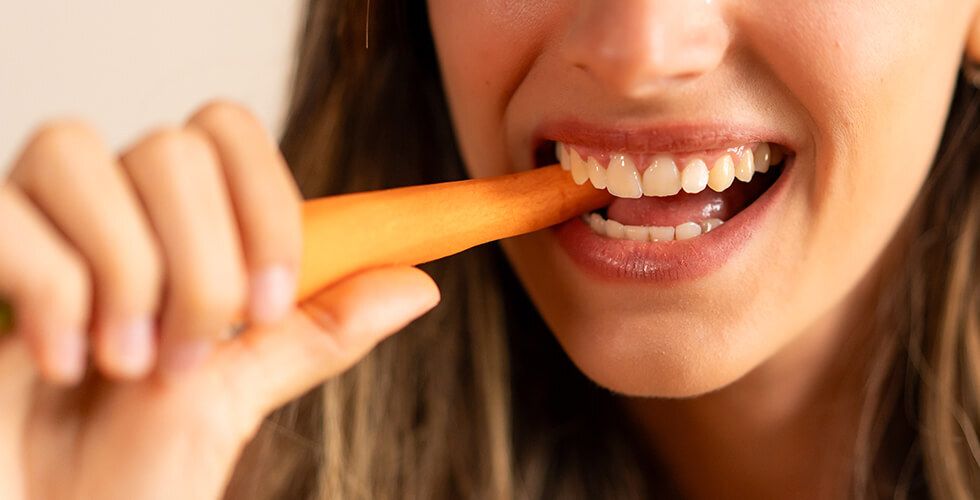
If you’ve ever noticed hiccups striking after eating carrots, you’re not alone — and there’s a surprising mix of reasons why this crunchy snack might trigger them.
Hiccups happen when your diaphragm — the muscle that helps you breathe — involuntarily contracts, followed by your vocal cords snapping shut. This reflex can be set off by anything that irritates the diaphragm or the nerves controlling it.
Texture and Crunch Factor
Carrots are hard, fibrous, and require vigorous chewing. If you take large bites or chew quickly, you might accidentally swallow small bursts of air along with your food. This extra air can distend your stomach, pressing against the diaphragm and prompting hiccups.
Temperature Contrast
If you’re eating carrots straight from the fridge, the sudden cold can also stimulate the phrenic nerve (linked to the diaphragm), triggering a hiccup reflex.
Irritation of the Esophagus
Raw carrots are slightly coarse and can lightly scrape or irritate the lining of your throat or esophagus as you chew and swallow. This mechanical stimulation may set off the vagus nerve, another nerve involved in hiccups.
Speed Eating
Carrots, especially in snack form, are easy to munch quickly. Eating too fast increases the likelihood of swallowing air and irritating the diaphragm.
How to Prevent It
- Cut carrots into smaller pieces and chew slowly.
- Let cold carrots warm slightly before eating.
- Pair them with dips like hummus to soften the texture.
- Sip water between bites to help ease them down.
While occasional hiccups after eating carrots are harmless, frequent or prolonged hiccups may indicate an underlying digestive or nerve issue. If hiccups persist or occur with other symptoms, it’s best to check with a healthcare provider.

